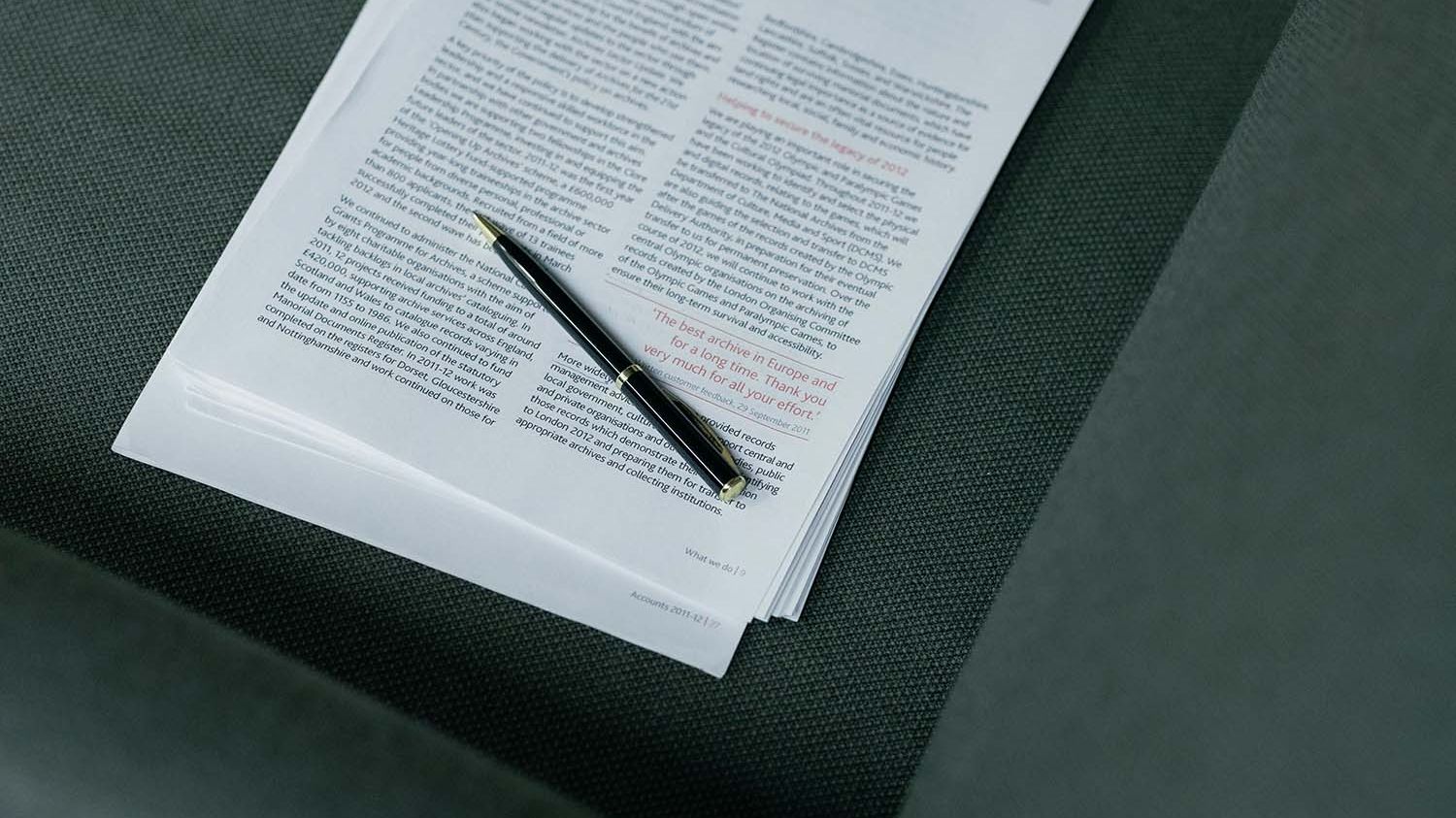The Power of Internal Validation
Apr 08, 2025
At some point, it’s likely you’ll work for a leader who gives you zero validation. No “great job,” no pat on the back - just silence. If you rely on external validation to feel like you’re doing well, that’s a problem. Because if you don’t hear it, does that mean you’re failing? Not at all. It just means you need to build a stronger internal compass.
Feedback vs. Validation: Know the Difference
Validation is about approval. It’s “You’re amazing!” that makes you feel seen. Feedback, on the other hand, is about improvement. It’s “Here’s what’s working, here’s what’s getting in your way” You need feedback to grow. Validation may feel nice, but you don’t need it to thrive.
The Problem With Seeking Validation
* It makes your confidence dependent on others. No praise? No self-worth. Not a great system.
* It can make you inauthentic. If you’re chasing approval, you might adjust who you are to fit what others want.
* It’s inconsistent. You won’t always get recognition, even when you deserve it.
Why Internal Validation Wins
According to psychologists Deci and Ryan, self-determination theory shows that we thrive when we meet three core psychological needs:
* Autonomy - Having ownership over our lives and choices. Demonstrate to yourself that you have autonomy by doing some things each day that aren’t on your to-do list—like reading a book for enjoyment.
* Competence - Developing mastery through learning and practice, rather than relying on others' praise.
* Relatedness - Building deep, in-person relationships rather than seeking connection solely through digital interactions.
But there’s one more key piece - your values. Living in alignment with them provides the ultimate internal validation. When your actions reflect what truly matters to you, external opinions lose their grip. If you’re clear on what integrity, courage, or kindness look like in your life, you can measure yourself against that - not someone else’s approval. And as a bonus, staying true to your values is one of the best ways to break free from the trap of comparison to others.
How to Use External Validation in a Healthy Way
* Treat it as a bonus, not a requirement. Enjoy it when it comes but don’t need it.
* Validate yourself first. Ask, “Am I proud of how I handled that?” before seeking external input.
* Calibrate your perspective. Sometimes, checking in with others helps ensure your view of a situation isn’t skewed.
* Take validation from the right people. Not everyone’s opinion deserves your attention.
* Use feedback for growth, not validation for self-worth. One helps you improve, the other can keep you stuck.
Final Thought
At the end of each day, one idea is to ask yourself: Am I proud of the person I was today? Some days, the answer will be no. That’s fine - just aim to have fewer of those days. Because when you reach the end of your life and ask, Am I proud of the life I lived? wouldn’t it be great to voice an emphatic “Yes!”

